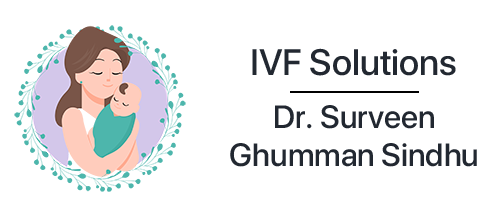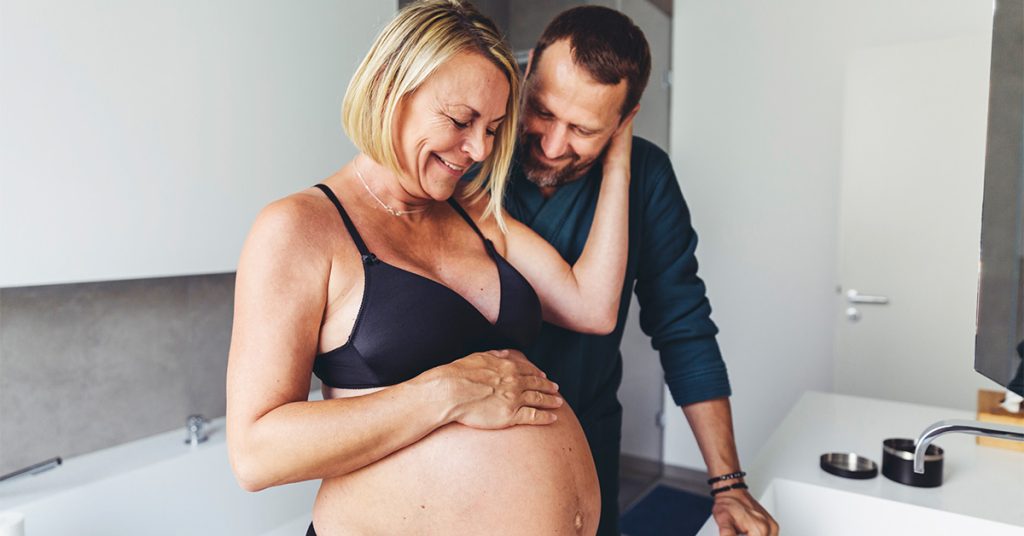Age directly impacts the success rates in many ways. As the body ages there are changes in the reproductive tract which may alter the response of ovary, quality of egg and sperm or implantation
Impact of age on Eggs: Eggs can decrease in both quality and quantity
- Quantity of eggs: It is seen that a woman is born with a fixed amount of eggs. At birth about 1 lakh. Gradually after menarche a number of eggs get destroyed each month until she is left with no eggs which is when menopause occurs.
Not all eggs which are retrieved will fertilize. The ones which do fertilize not all will yield grade 1 embryos or even go on to day 5 culture (blastocyst). So if only some eggs extracted becomes good quality embryos the more we have initially, the more number of good grade usable embryos we have. The more grade 1 embryos or blastocyst we have the higher the pregnancy rate. - Quality of eggs: As age increases quality of eggs decreases. So, it is not only the number but also the quality, which decreases with age. At 25 years, 80% of the eggs are normal but at 40 years only 20- 30% eggs would be normal. These eggs may have an abnormal genetic composition leading to failed IVF, early abortions and abnormal fetus.
Impact of age on Uterus: Usually age does not impact the uterus directly. However because pathologies in uterus start occurring after 30 years of age – like fibroids adenomyosis, endometritis etc. This can negatively impact implantation in IVF and natural conception.
Impact of age on Semen: Although it has been a common belief that semen is not impacted with age recent studies have shown that the semen quality is impacted after the age of 40 years. All 3 parameters – the count, motility and morphology are reduced. The sperm DNA damage is increased and may be responsible for this and directly influence result of IVF
Age and medical disease: The incidence of many medical disease like diabetes, hypertension, cancers, liver and kidney disease increase with age. These impact both the male and female fertility and results of IVF
Options for older Couples
- Most treatments are empirical – Vit E, CoQ 300, Lycopene and DHEAS have been tried with variable results
- Fertility preservation – Freezing the eggs at a younger age if women do not have partners. This would enable them to preserve genetically good eggs. For women who have partners and do not want a pregnancy yet, embryos can be preserved. How long can they be preserved? Eggs can be preserved in liquid nitrogen at -196 Deg C for many years.
- IVF with Assisted Hatching : Recommended for eggs from older women. It is seen that older eggs have a harder covering, hence hatching ( making a hole in the outer covering) before transferring embryo may help it to implant better
- Treating all medical and gynecological disorders impacting results of IVF


